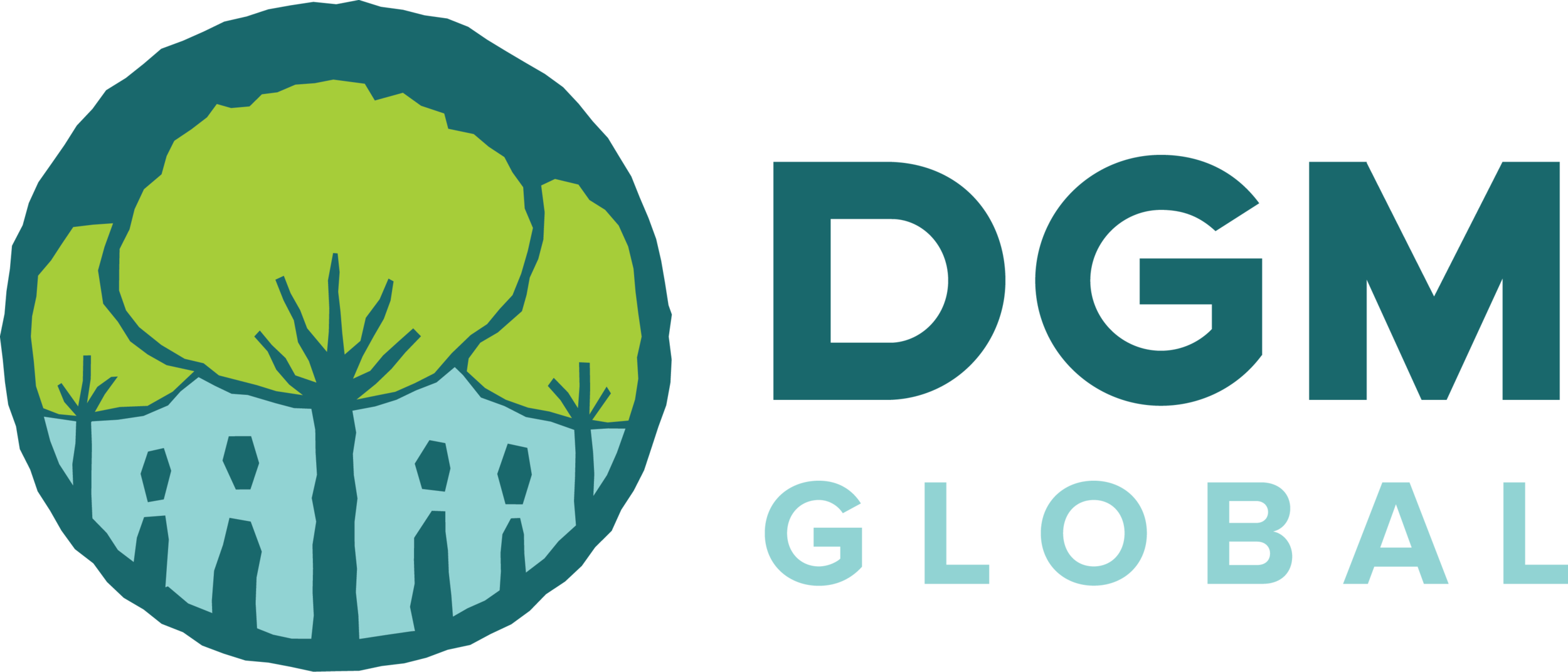Training builds capacity of IPLCs in Africa to engage in climate negotiations
DGM Global cannot guarantee the accuracy of Google translations. In case of discrepancies, the original language takes precedence.
Workshop participants visited community forestry projects in Sapouy, just outside of the capital of Ouagadougou, to observe sustainable forest management techniques.
By Regina Harlig
Part of the mission of the Dedicated Grant Mechanism for Indigenous Peoples and Local Communities (DGM)—a special funding window under the Forest Investment Program—is to support the full and effective participation of indigenous peoples and local communities in the effort to reduce deforestation and forest degradation.
One of the ways that the DGM does this is through making grants to Indigenous Peoples and Local Community (IPLC) projects in FIP pilot countries; another way is through strengthening the knowledge, skills, and connections of IPLC individuals and networks in both FIP and non-FIP countries, through a series of regional trainings on climate change. The first, for the Africa region, took place in Burkina Faso from July 19th-23rd. Organized by Conservation International, the DGM Global Executing Agency (GEA), in partnership with IUCN, the Burkina Faso National Executing Agency, the workshop brought together a diverse group of 36 participants representing 14 countries and three African IPLC networks.
IPLCs possess valuable knowledge for managing and safeguarding forests, but there is often a disconnect between this knowledge and international fora. Although some estimates put IPLC representation at an all-time high at the 21st annual UNFCCC Conference of the Parties (COP21) in Paris (thanks in large part to the efforts of an initiative funded by the government of Norway, which supported the travel of more than 160 IPLCs to Paris for COP21), this represents only a tiny fraction of the 30,372 participants that had registered with the UNFCCC to attend COP21.
““[At] the COPs I attended before, I didn’t have the actual capacity to negotiate or know how to participate. From this workshop I learned a lot about how I can be more involved in the process, and how even after the COP how I can engage with the government to bring back knowledge to my community, and make recommendations at the national level.” ”
Ali Aii Shatu is a Mboro pastoralist from Cameroon, and a member of the Mbororo Social and Cultural Development Association (MBOSCUDA). Speaking of the importance of strengthening IPLC participation in international climate policy, she said, “Presently, I think most of us have very little impact at the national level; I think If we participate globally, our importance and role will be better recognized at the national level.”
For those IPLCs that do make it to UNFCCC COPs, the barriers are still many: confusion over the plethora of acronyms that they’re confronted with, lack of preparation for participating in the COP, and a feeling of limited influence for those participating as observers. During the week-long training, participants received training in negotiation skills from Samuel Dotse, a civil society advisor to the Ghana UNFCCC delegation, and a former member of the DGM Transitional Steering Committee. To practice these skills, participants were divided into groups of negotiators representing a fictitious country, giving a statement on their plans to reduce air pollution levels to international standards, while ensuring that the burden of reductions were distributed among all countries in the negotiation.
Vital Bambanze is President of the Indigenous Peoples of Africa Coordinating Committee (IPACC) and Director of Batwa organization Unissons nous pour la Promotion des Batwa (UNIPROBA), and was a support person for the Burundi delegation at COP21, representing the Ministry of Water, Land Management and Urban Planning; many others attending the training have also participated in past COPs. “[At] the COPs I attended before, I didn’t have the actual capacity to negotiate or know how to participate. From this workshop I learned a lot about how I can be more involved in the process, and how even after the COP how I can engage with the government to bring back knowledge to my community, and make recommendations at the national level. I also have more information regarding how to prepare for COP and what type of information you must bring to the negotiations,” he said.
While workshop participants expressed that many communities are mobilizing themselves to engage in climate policy and climate action, they still face many challenges: information often does not make it the local level—even when it is intended for IPLCs, lack of electricity, low internet bandwidth, and poor cellphone service can mean that they never access it. Banks and other funders often will not work with IPLCs directly. Language barriers often make coordination and information-sharing across Africa countries difficult. The work of the DGM and exchanges such as this one seek to address the challenges facing IPLCs in Africa in coordinating with each other and engaging in climate change policy by bringing them face-to-face.
While they were together, participants took part in a network mapping exercise, giving them an opportunity to visualize the the potential for coordination within and across networks, and to identify ways to mobilize for climate policy and action. Participants also learned more about the basics of climate change, the UNFCCC process and the history of REDD+, and visited community forestry projects in Sapouy, just outside of the capital of Ouagadougou, to observe sustainable forest management techniques.
Five of the regional training participants will attend a global workshop hosted by the DGM-GEA in Morocco immediately prior to the COP, joining representatives from Latin America and Asia-Pacific, and will participate in COP22 country delegates, advisors to governments, or civil society observers, armed with their additional training from this workshop. In 2017, two additional trainings will be held for Latin American and Asia-Pacific, in preparation for COP23.
Regina Harlig is the Senior Manager for Capacity Building and Knowledge Management at Conservation International, and leads communications for the DGM Global Executing Agency.

